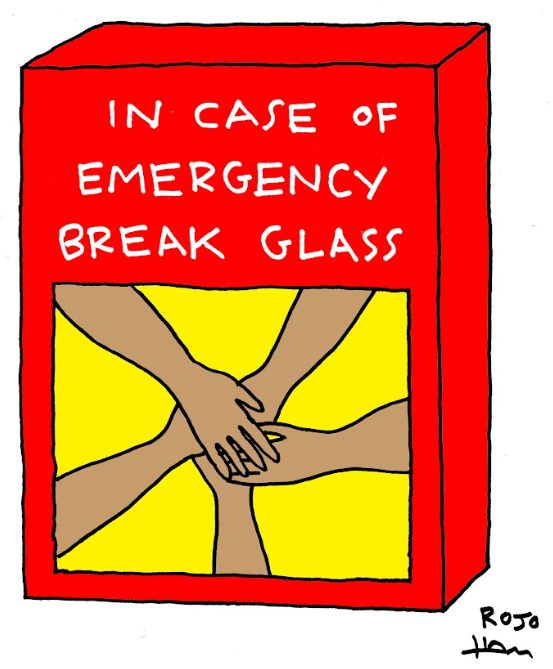Conclusion and Call to Action
Conclusion and Call to Action
The Connecting Climate Minds global research and action agenda seeks to bring together and encourage a diversity of expertise in our collective understanding and response to the interconnected challenges affecting our climate and our mental health. It sets out an inclusive and aligned vision for the climate and mental health research field, where research supports practice and vice versa. By outlining priority areas for research, it aims to help researchers and research funders generate evidence for decision-makers, in ways that best respond to the needs of people living with the mental health consequences of climate change. It also provides a vision for implementing and translating research into action, highlighting the need for investment in building a truly transdisciplinary field where research benefits the communities involved. While targeted primarily at researchers and research funders, the agenda ultimately seeks to serve those already living with mental health challenges created or worsened by the climate crisis. Together, the contributors seek a future that protects mental health in a changing climate while enabling climate actions that promote the thriving of all people.
No one agenda can speak to the needs of all communities, and this agenda must be implemented alongside consideration of local needs, cultures and contexts. The priorities for research and action in this field will also evolve as the evidence base builds, and as the climate crisis escalatesviii.

Connecting Climate Minds contributors emphasised that how that research is done and used to create meaningful change is equally important as what research is done. The action agenda seeks to outline both the appropriate ways to conduct climate and mental health research, and how to translate current and future evidence into action in policy and practice.
Through Connecting Climate Minds, the contributors propose a vision where connected networks of diverse researchers, policymakers, practitioners and those with lived experiences (groups which overlap) can learn and act together, and draw on the strengths of diverse disciplines and knowledge systems. This can only be enabled by supportive research structures and funding.
There is an opportunity at the heart of the climate and mental health nexus to create a virtuous cycle, where action for a safer climate benefits from and enables an environment of good mental health. For a world where no-one is held back by mental health challenges, we need investment in understanding and responding to the mental health implications of a changing climate, including through co-beneficial climate action. We need everyone with relevant expertise to account for the climate and mental health nexus in their work. This agenda will only make a difference if it's implemented. We urge you to join the 960+ voices in this agenda and work towards a better world for both the climate and our minds.
- For a summary of the strengths and limitations of this Agenda and the processes of its creation, please see Appendix 3. Predicted climate hazards can be found in Appendix 2.